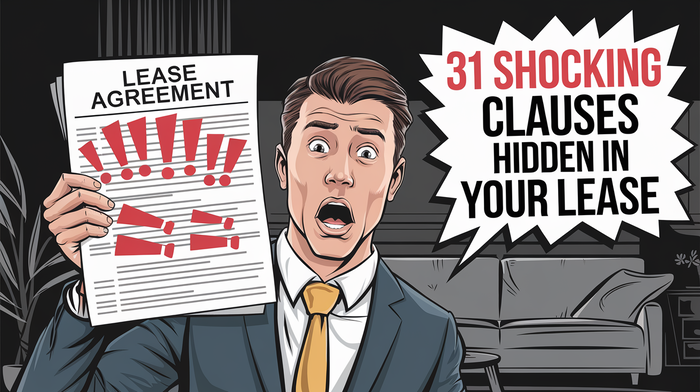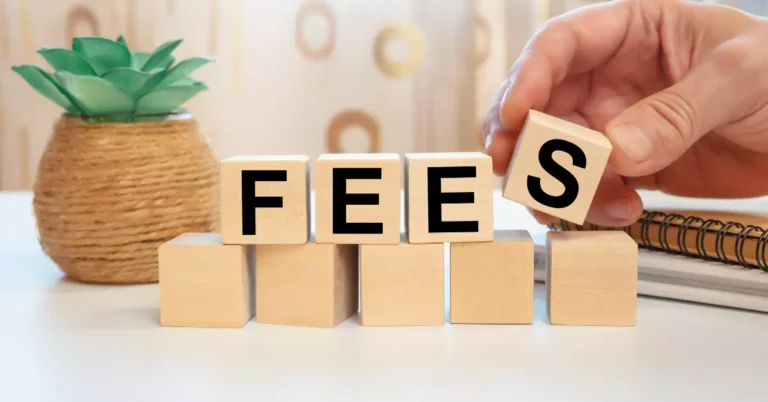Welcome To The RentalAwareness.Com
Where Rental Knowledge Meets Simplicity
We craft comprehensive guides and resources on everything rental-related. Dive into our curated topics and empower yourself in the world of rentals.
Why Choose RentalAwareness.Com?
Comprehensive Yet Digestible
Our mission is to simplify the complexities of the rental world. With us, you gain insights that are in-depth yet easy to understand, ensuring you’re always well-informed.
Tailored Resources For Every Need
From tenants to landlords, from lease agreements to eviction laws, we’ve got you covered. Our platform offers resources tailored to meet the diverse needs of the rental community.
Expert Support Just A Click Away
Got questions? We’ve got answers. Our team of rental experts is here to assist you. Whether you have a specific query or need guidance on a broader topic, we’re here to help.
Free eBooks and Guides
Unlock our collection of free eBooks and in-depth guides. Dive deep into specific rental topics and arm yourself with knowledge.
Our Latest Guides

Revealed: Is North Carolina a Landlord-Friendly State?
Yes, north carolina is generally considered a landlord-friendly state. North Carolina is known for its strong legal protections for landlords, with laws that favour the property owner in most cases….

When Can a Landlord Keep a Damage Deposit in Bc?
A landlord in bc can keep a damage deposit when there is unpaid rent or damage to the rental property beyond normal wear and tear. This deposit cannot exceed half…

Tenant’s Dilemma: Can Landlords Change Rules in Mid Lease?
Landlords generally cannot change rules in mid-lease, unless stated in the lease agreement or with the tenant’s agreement. However, there are exceptions to this rule that vary by state and…

Why Can I Hear My Downstairs Neighbor? Discover the Solutions!
You may hear downstairs neighbors in an apartment building for many reasons. Thin floors and ceilings, hollow construction spaces, and echoing hard surfaces can all contribute to noise transmission between…

13 Signs Your ‘Clean’ Dishes Are Actually Covered in Hidden Bacteria (Warning: Check #8!)
Inside your gleaming dishes, harmful bacteria could be hiding in plain sight – discover 13 telltale signs before your next meal.

What to Do If the Landlord Keeps Your Deposit? Expert Tips
To get your deposit back from a landlord who has kept it, you can send a demand letter and file a complaint with your local housing authority. A security deposit…

Can a Landlord Make You Take down Security Cameras? Discover the Legal Rights and Boundaries!
Tenants have the right to install security cameras inside their rental unit. However, there may be restrictions on placing cameras in common areas. Tenants should review their lease agreement and…

31 Shocking Clauses Hidden in Your Lease (You’ll Never Believe #24)
Ever felt like you needed a law degree to understand your lease? You’re not alone. Buried in the fine print of many rental agreements are clauses that’ll make your jaw…

Who Pays Realtor Fees for Rentals in Texas? Rental Awareness
In Texas, the tenant typically pays the realtor fees for rentals. This is a common practice in Texas and is agreed upon in the lease agreement between the landlord and…